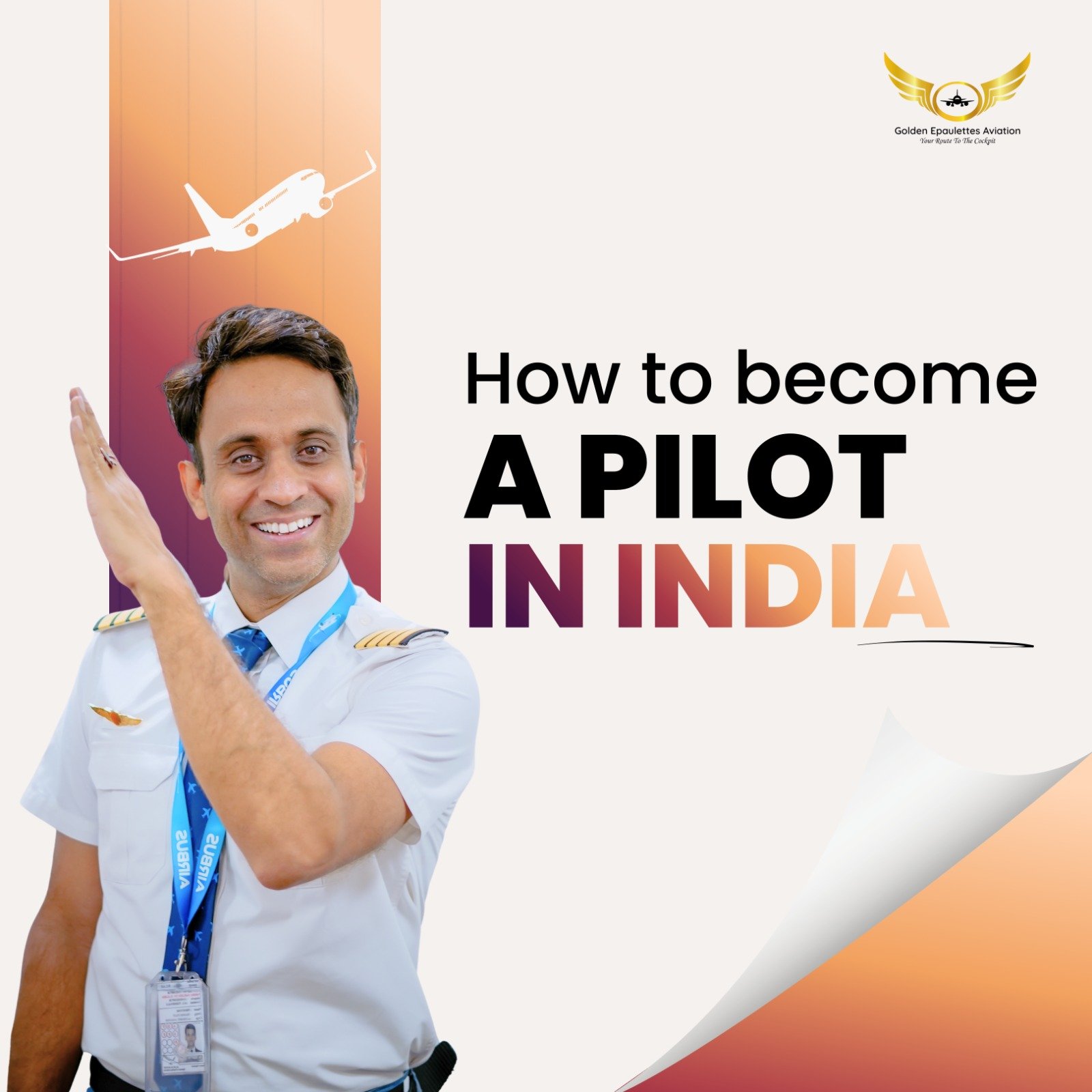Air Traffic Control in India - Regulations & Training
Content will be added soon
 Menu
Menu
Pilot Programs
Air Traffic Control in India
Rohit
Author

Thank you! Our team will contact you shortly on WhatsApp.